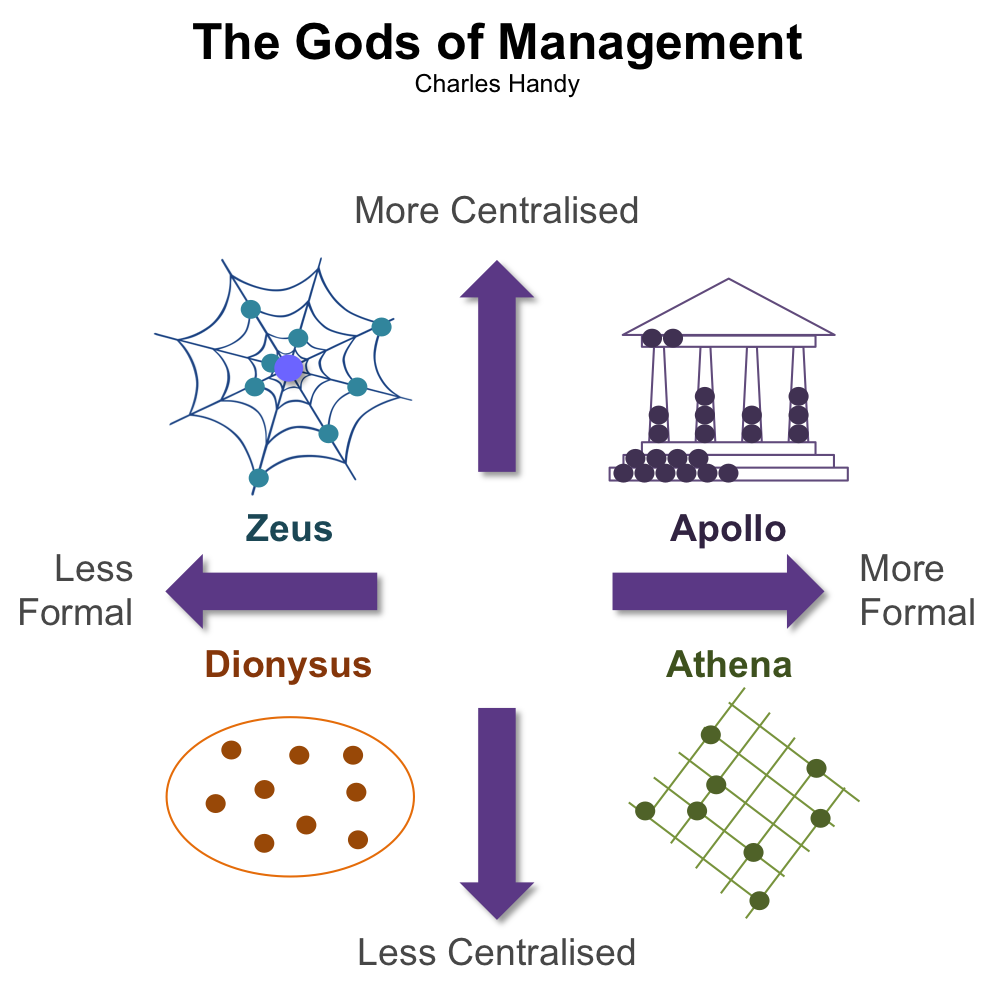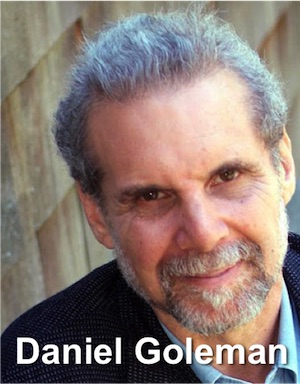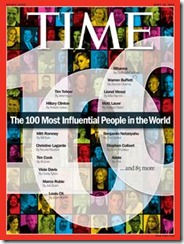At the start of every year, many thousands (possibly millions, globally) of people look forward to some New Year reading, from the richest writer in the world. Don’t rack your brains for a best-selling multi-billionnaire novelist though: the writer is Warren Buffett, the Oracle of Omaha*.

Short Biography
Warren Buffett was born in 1930, in Omaha, Nebraska. By the age of six, he was trading in soft drinks and dreaming of becoming rich. When he was 12, his father won a seat in Congress and the family moved to Washington DC, where Buffett took on five paper rounds a day and earned the equivalent of a full time wage. He saved his money and, at 14 invested it in farmland in Nebraska, which he then rented out.
His academic career started at 17, at Wharton, but he quickly left, in search of a more practical and less theoretical education. He found it at Columbia Business School, where one of the leading thinkers in investing, Ben Graham, lectured. Graham’s ideas had a profound effect on Buffett’s investment strategies from then until now, focusing as they did on underlying value in all of its aspects.
Let’s skip lightly over the stellar performance of Buffett Partnership, Ltd – his stock investment business that managed other people’s funds, which ran from the mid 1950s to 1969. He closed it down to focus on investing through Berkshire Hathaway. At first it was a textile business that Buffett acquired in 1965. It eventually closed all its mills in 1985, but by then it was the core of a diverse portfolio of businesses. Its shareholders profit from massive stock performance that frequently outstrips industry averages by a wide margin, generated by Buffett’s choice of outright acquisitions and stock purchases.
Once a year, at the start of the year, Buffett writes a long letter to his shareholders. It explains carefully Buffett’s assessment of the year past and the future of the business. It combines folksy humour, wry metaphor, and deep insight. It is widely read not just by investors and analysts, for whom it is a professional interest, but by folk like me, who see it as a fascinating exercise in communication, combined with a source of interesting insight.
What can we learn from Warren Buffett?
There are very many websites and articles purporting to extract lessons from one of the world’s most successful and penetrating business minds. What a surprise! But I am determined to add another, because I won’t be thinking about investing; that’s not my thing. Instead, I am going to focus on what I think day-to-day managers and business leaders can learn about doing your job well.
Keep it Simple
Buffett likes investing in simple businesses that he can fully understand. As a manager, keep it simple and don’t take on something you don’t understand. So, if you need to take on something you don’t understand, then make it your urgent business to understand it.
Character / Integrity / Reputation
They all amount to the same thing. Buffett puts an astronomical premium on these. As well as his annual letter, Buffett issues a biennial memo to the CEOs of the businesses Berkshire Hathaway owns, his ‘all stars’. These are not published but frequently leak onto the web. Here are two extracts from the most recent (December 2014), which clearly makes his point.
The top priority — trumping everything else, including profits — is that all of us continue to guard Berkshire’s reputation… As I’ve said in these memos for more than 25 years: “We can afford to lose money — even a lot of money. But we can’t afford to lose reputation — even a shred of reputation.”
Sometimes your associates will say “Everybody else is doing it.” This rationale is almost always a bad one if it is the main justification for a business action. It is totally unacceptable when evaluating a moral decision.
Select for leadership on track record, and then trust your leader
This is Buffett’s approach and it applies to any manager who appoints supervisors, or any leader who appoints managers. Experience matters – look for evidence. When you get the right person, trust them enough to give them the autonomy that will allow them to add to your leadership, rather than be subordinate to it.
Merit is all that matters
This one is simple: Buffett rejects all judgements based on gender, race, or age. So too should you. The person that has the skills and energy to excel in a role is the person for the job.
Rational decisions
Trust the numbers too. Do everything you can to understand the nature of cognitive bias. Study the facts and work hard to eliminate any other influence over your choices. You will get things wrong, just as Buffett has done on many occasions. But each time he does, he analyses it and discusses it in clear objective tones without a trace of blame for anything other than his failings in judgement. He takes away the lessons and uses them.
Trends not Headlines
Buffett rejects knee-jerk reactions to headlines and focuses on the big picture underneath them. When he is ready he makes decisions rapidly, but he won’t be hustled.
The only memo to his all stars that is on the Berkshire Hathaway website is also the most astonishing piece of business communication I have seen. Two things strike me as remarkable. The steadying calm and confidence with which it is written, and the remarkable strength that a business would need to have for its CEO to be able to say the things he does. It is a short note, so to reproduce anything valuable from it would doubtless be morally a breach of copyright even if it stayed on the right side of the law, so do have a look at it. The context may be obvious when I tell you the memo was issued on 26 September, 2001. The message from Warren Buffett is on the Berkshire Hathaway site.
Read Voraciously
Warren Buffett and his business partner, Berkshire Hathaway Vice-Chairman Charlie Munger, both set aside large chunks of their working day to read. They read all sorts of stuff and the breadth and depth of their reading gives them both profound understanding and a wide context. This commitment to learning is what you need if you are to grow in wisdom and make sound decisions more often.
Obsess over detail
There isn’t much to say about this but to note that the big picture is all very well and an appealing target for leaders’ attention, but the details are often where the differences get made. The skill, of course, is to figure out which details (see paragraph above for the best technique).
Delegate everything that is not strategic
In Buffett’s case, deciding how to invest Berkshire Hathaway’s assets is the strategic role he fills. Everything else – and in particular the operation of the Berkshire Hathaway businesses, he delegates completely. While he makes himself available to his All Stars for a conversation 24 hours a day if they need it, he does not require them to communicate with him more than once every two years. At that time, each is required to put one name in a sealed envelope and send it to him. This name is that of the most suitable successor, should the business CEO be suddenly unable to fulfil their role.
Right, that’s me done, I’m off to do the ironing. ‘Delegate it’ you say. ‘Indeed’, says my wife!
* Although Buffett is also known as the Sage of Omaha and the Wizard of Omaha, Oracle is the term he himself favours.






 Curiously, in the same week (our blogs are usually written one to two weeks ahead),
Curiously, in the same week (our blogs are usually written one to two weeks ahead), 